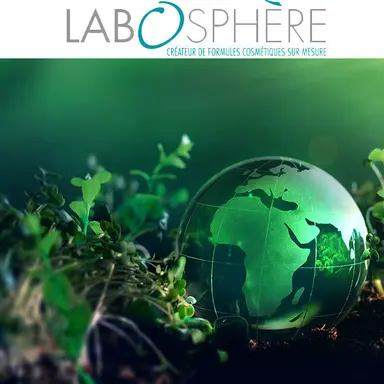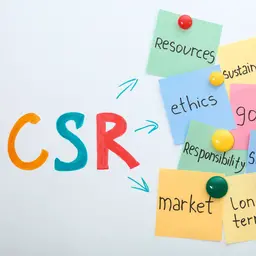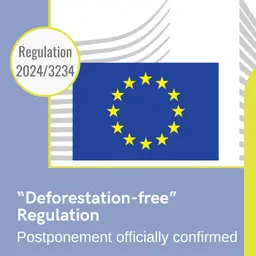
The year 2022 will have been rich in news and the cosmetics industry has not escaped it, suggesting a profound regulatory change (again). The environmental impact of each of our activities is more than ever at the heart of political and regulatory discussions. The economic impact generated by energy inflation is also contributing to an acceleration of regulations in this direction.
In Europe, we are once again at the forefront of environmental regulation. This began with the ban on plastic microbeads in rinsed products, and continues with the implementation of the AGEC law and the evolution of REACH and CLP regulations. France is going even further with the QCE decree of 29 April 2022 concerning the information made available to the consumer on the environmental qualities of the product.
Industrialists have rushed into the breach of claims concerning the environmental impact of their products, hence the need to regulate all this in order to avoid greenwashing.
So we know what is happening in France and at the European level, but internationally, is it happening too?
United Kingdom
The Advertising Standards Authority (ASA) regulates advertising in the UK and issues guidance to industry.
Some examples of environmental claims that have recently been found to be misleading:
• “Being biodegradable is important to us because it means that today’s pollution will not be a problem for tomorrow’s generation”
• “100% biodegradable baby wipes”
• “Kinder to the planet”
However, it should be noted that there is no framework for environmental claims at present.
Canada
In 2022, a draft law on environmental labelling rules …













